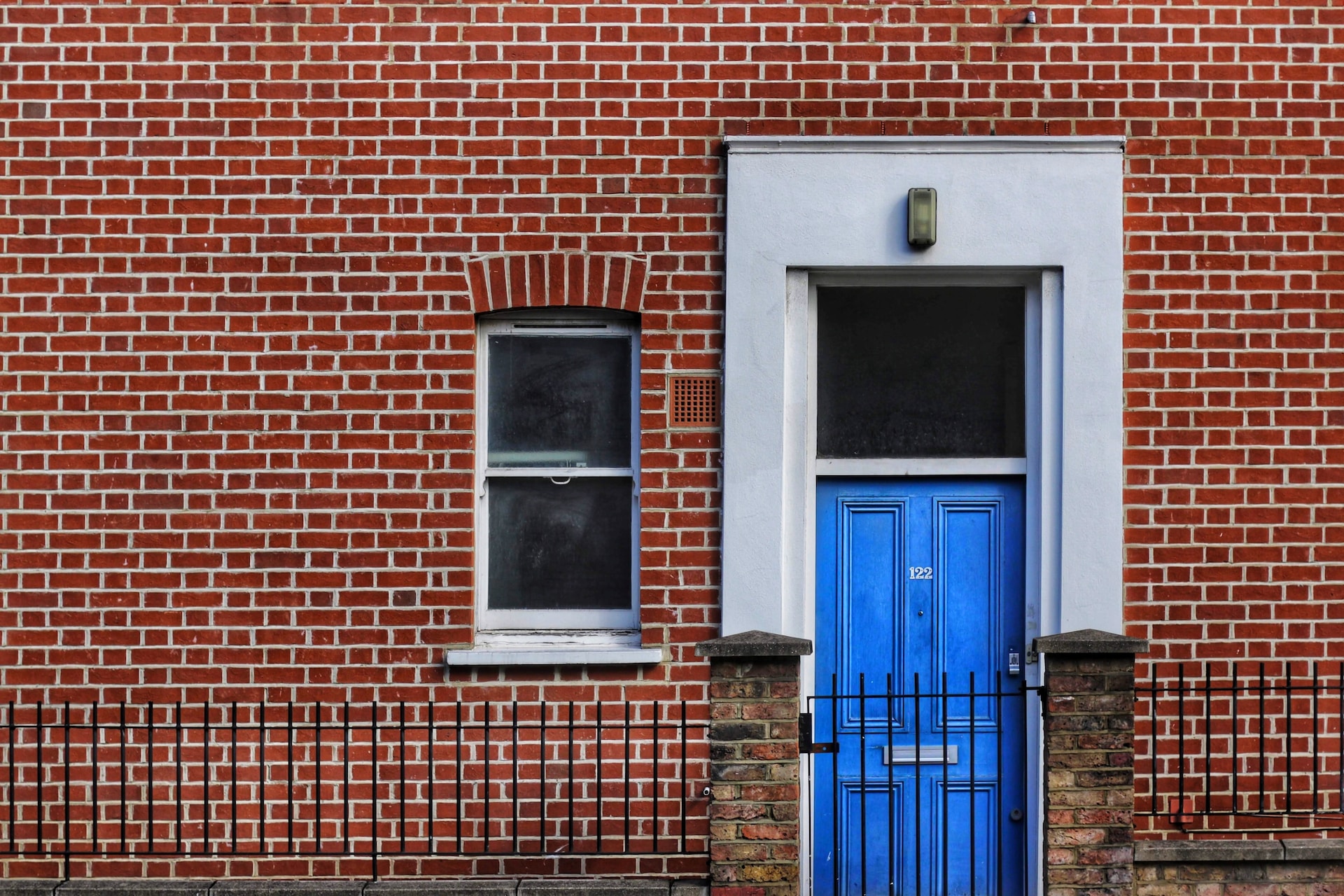If you’re buying a new home, you’ll want to know about the Party Wall Act, if you share any walls, fences, or boundaries with your neighbours and if they have any plans to build before you move in.
The Commercial Property Standard Enquiries provide standard form, particularly questions about party walls when purchasing a home. Those inquiries, however, only ask regarding breaches of the Party Wall etc. Act 1996 (Party Wall Act) relating to party structures on the site’s boundary, as well as copies of any notifications, awards, and agreements that may exist in connection with those party structures. The answers to those questions will not shed any light on the work that remains to be done or the liabilities and expenses that will accrue due to the sale of the land.
The rights conferred by the Party Wall Act are personal to the original parties, namely the original building owner (who exercised his Party Wall Act rights and filed a party wall notice) and the original bordering owner (who received the notice and had the option of consenting to the works, serving a counter-notice or triggering a dispute).
When the Party Wall Act applies to works a buyer wants to carry out
A buyer who has the benefit of a contract for the sale of the building owner’s land can claim that they are “desirous of exercising rights under the Act” enough to be a building owner (section 20, Party Wall Act). As a result, they can serve a legitimate party wall notice on an adjoining owner before the transfer is completed. The following transfer will not render the notification null and void.
In the absence of a contract for sale, the seller and buyer might serve a party wall notice in their joint names, such that the building owner’s rights as a result of the notice would benefit the buyer if they purchased the building owner’s interest. If the parties choose to do so, they must agree (in writing) on how liabilities under the Party Wall Act will be divided.
For example, suppose the party wall procedure requires the building owner to compensate the neighbouring owner or pay the party wall surveyor’s fees. In that case, the buyer and seller should ensure that the buyer (carrying out the works for his gain) bears the majority of that duty.
What if the adjoining owner has agreed to the works?
Suppose the works come under section 2 of the Party Wall Act (repair a party wall). In that case, the building owner can avoid the required notice and award procedures if they receive the neighbouring owner’s written approval of the works (section 3(3), Party Wall Act). If the adjacent owner has consented, the question becomes whether a buyer of the building owner’s interest can rely on that consent and carry out the works without serving a new notice.
The Party Wall Act does not mention if consent is transferable. Still, the obvious answer must be to assume the consent is personal to the seller (the building owner) and need the buyer to seek permission again on the same terms. Assuming that the neighbour (the adjoining owner) agreed to the plans once, they will most likely agree again.
What if the property is already subject to Party Wall Act procedures?
There are two elements to this: buying from the building owner and buying from the bordering owner.
Purchasing from the building owner
Liabilities can emerge in two ways:
- Section 7 of the Party Wall Act requires the payment of fees and compensation to the neighbouring owner.
- Liability for damages and expenses may arise under common law if works are carried out in violation of an award or notice conditions or if works are carried out in violation of the Party Wall Act.
A party wall surveyor may award compensation to the adjoining owner for the unnecessary inconvenience and (it is generally accepted) all economic and physical damage arising from works carried out following an award, whether that loss occurs during the works or after they have been completed.
Party Wall Act rights and responsibilities are personal to the original parties. The party wall surveyor can only order the building owner mentioned in the original Party Wall Act notice and award to pay compensation. Unless the buyer was privy to the initial notification or had promised to compensate the outgoing building owner for compensation payments emerging after the date of sale, he should be allowed to purchase the property free of this liability.
If the building owner’s works deviate from the Party Wall Act method to the physical or economic damage of the neighbouring owner, the standard law rules of nuisance, trespass, and breach of statutory duty apply. The essential question is whether the incident that caused the loss was a one-time occurrence or an ongoing tort:
- Liability for losses produced by a one-time incident (such as inherently obnoxious works completed before the building owner sells his property) is likely to fall on the building owner who performed the offending works.
- Liability to correct a trespass (such as erecting a wall on the adjoining owner’s land, creating a permanent trespass) and paying damages to the adjacent owner may fall on whoever owns the building owner’s land at the time.
Suppose the party wall surveyor has not completed their award. In that case, the buyer should acquire an indemnity from the seller for any trespass and continued liability that may emerge from illegal activity.
Purchasing from a neighbouring owner
Anyone purchasing a property from an adjoining owner when party wall works are ongoing should ensure that they agree to divide the compensation awarded by the party wall surveyor in their final award (under section 7 of the Party Wall Act).
If, after purchasing the neighbouring owner’s land, the buyer discovers that the building owner’s works violated the Party Wall Act and caused damage and loss, the new adjoining owner will be able to recover its losses through common law remedies.
After moving into your new house, the last thing you want is your neighbours to start building an extension right away. This is an excellent reason why a party wall agreement is essential before purchasing any property. A survey will tell you whether there are any existing party wall agreements and will save you from finding out the hard way – when the diggers start digging up your garden at 8 a.m.
Learn about party wall services by contacting us anytime and we will organise providing you with initial FREE expert advice!



